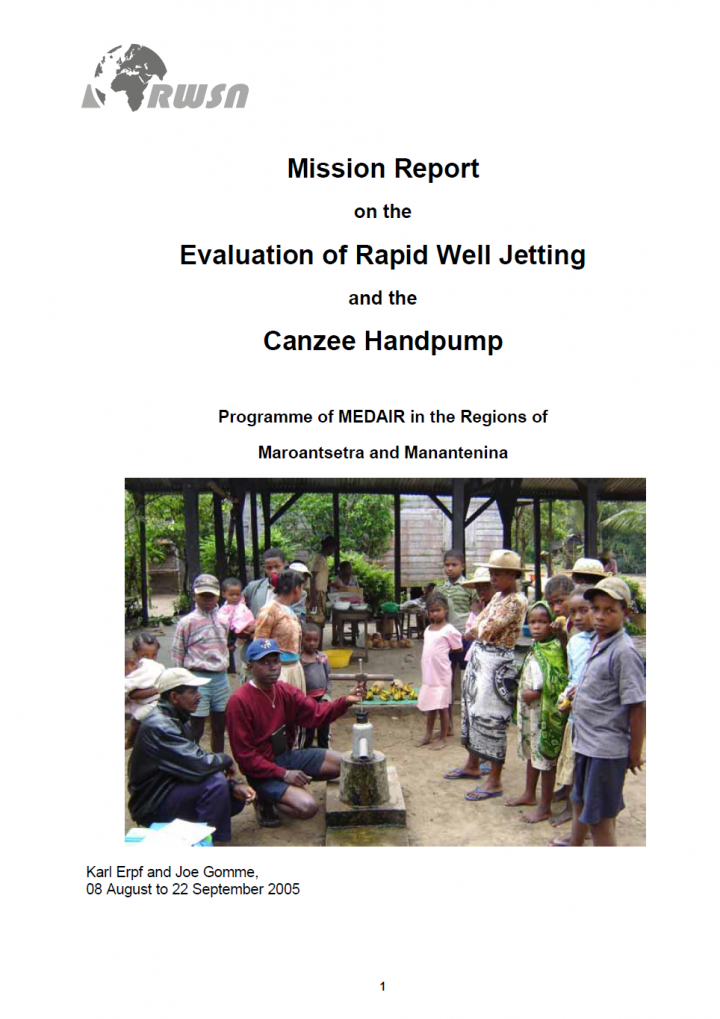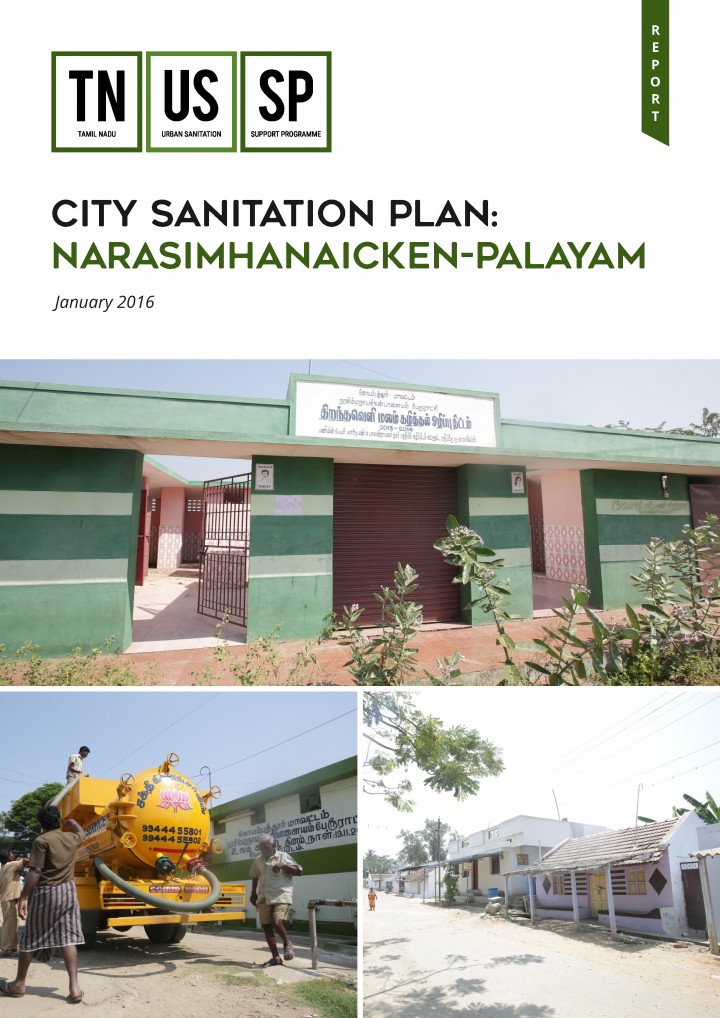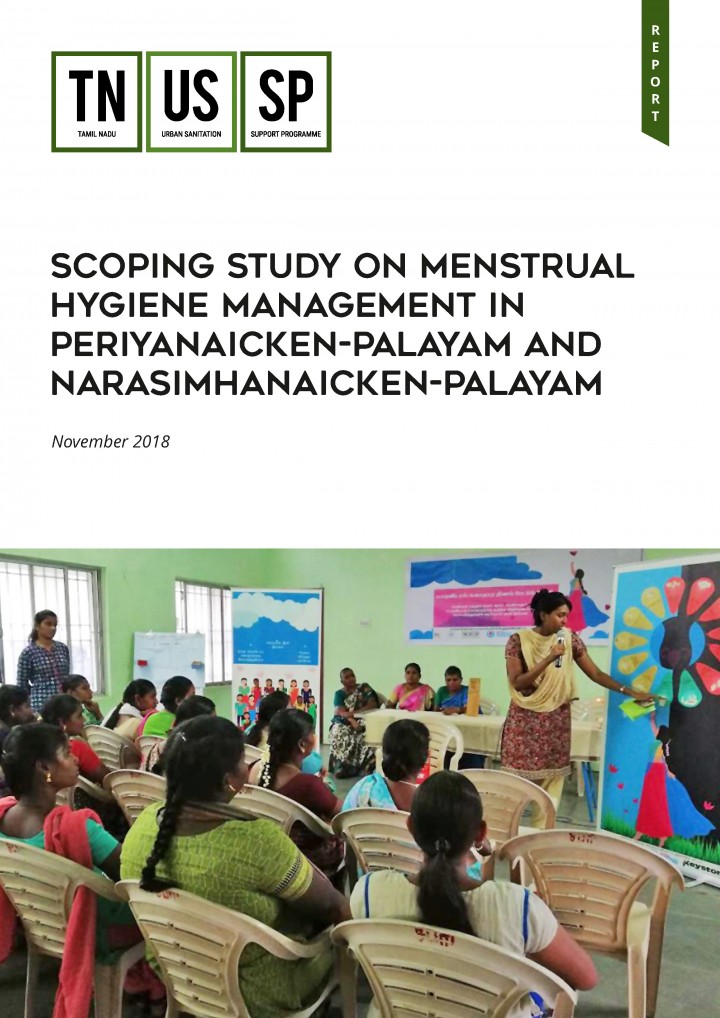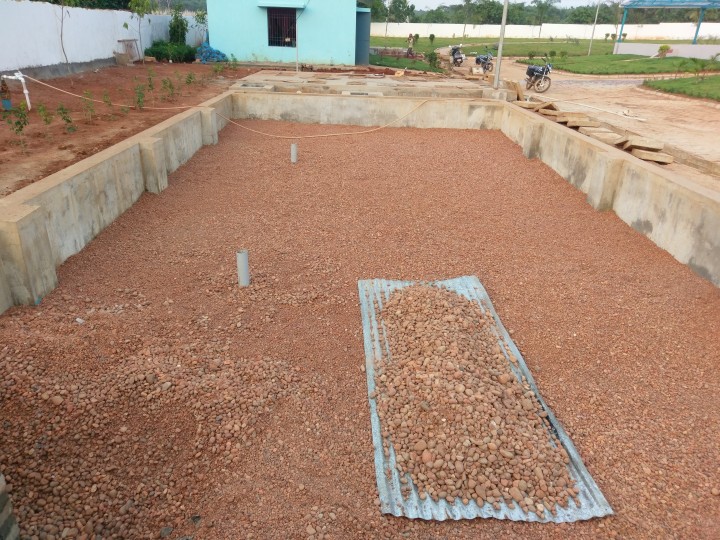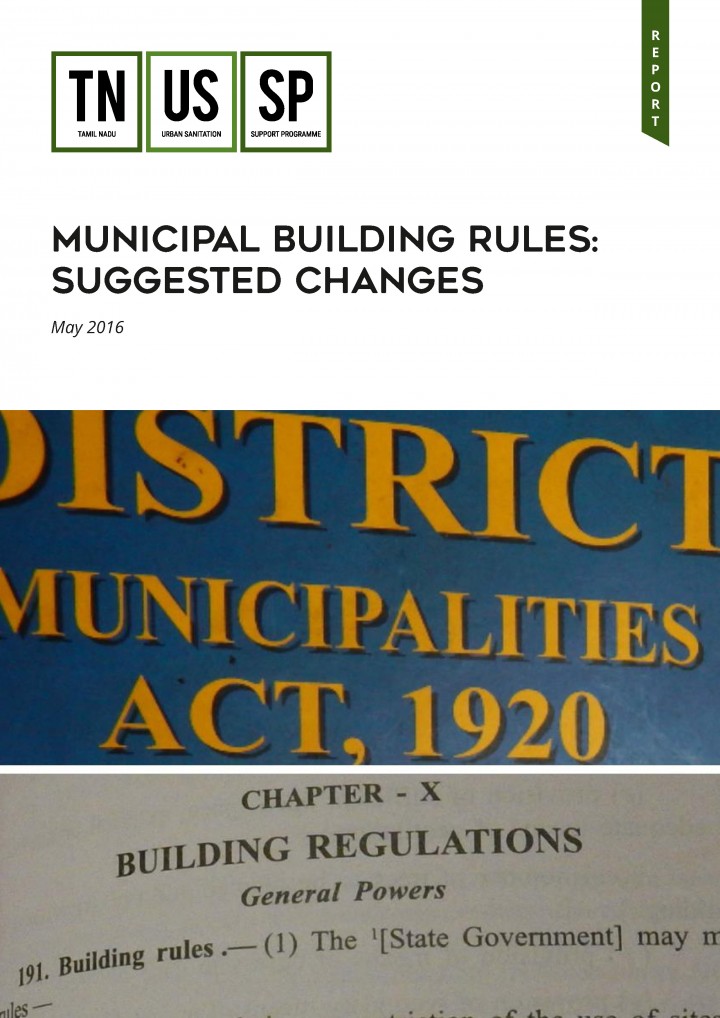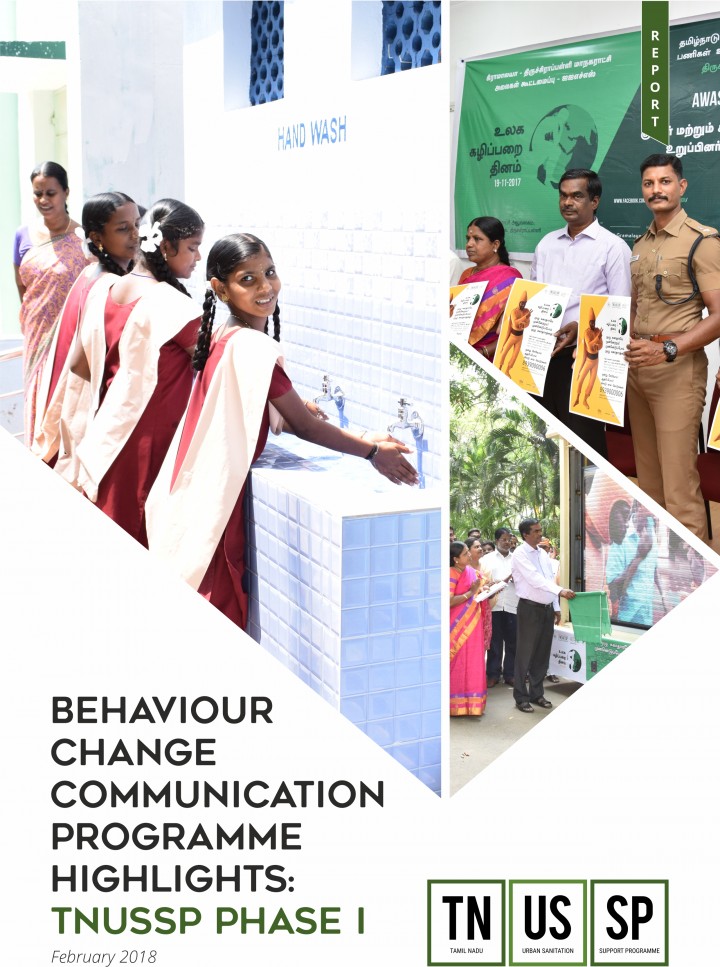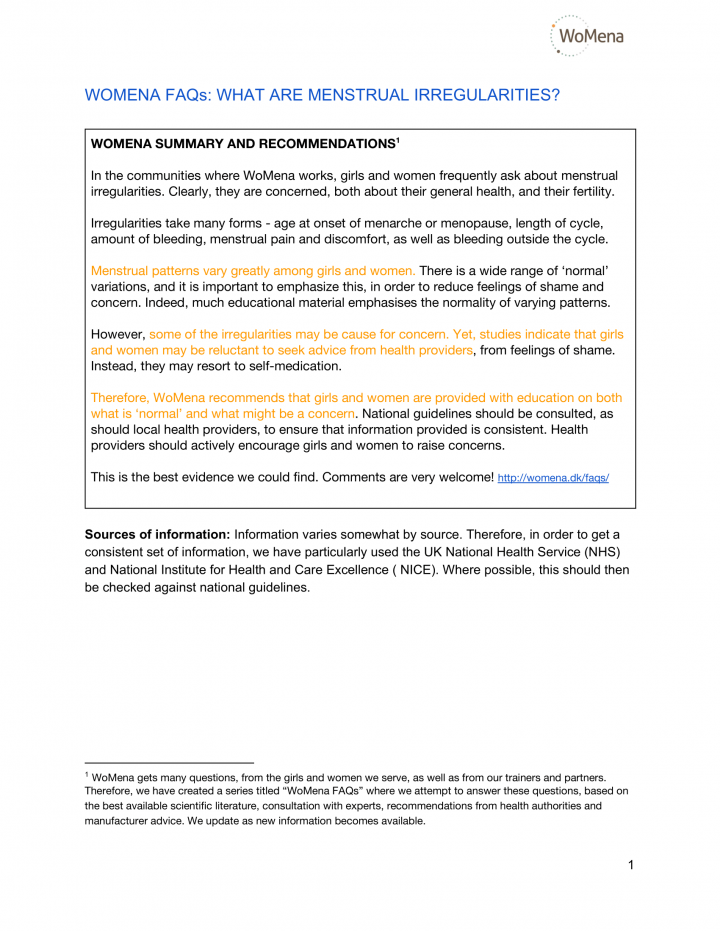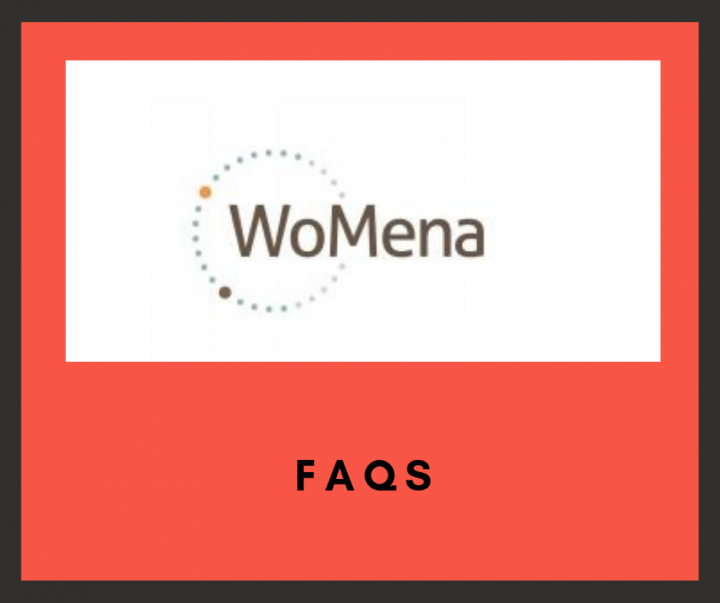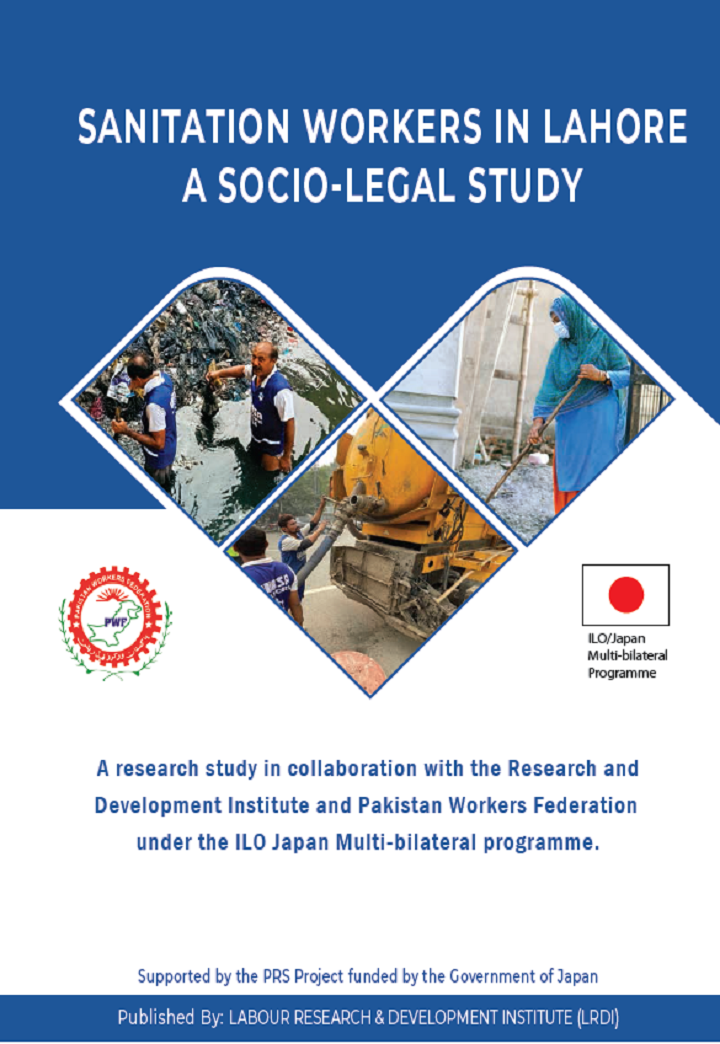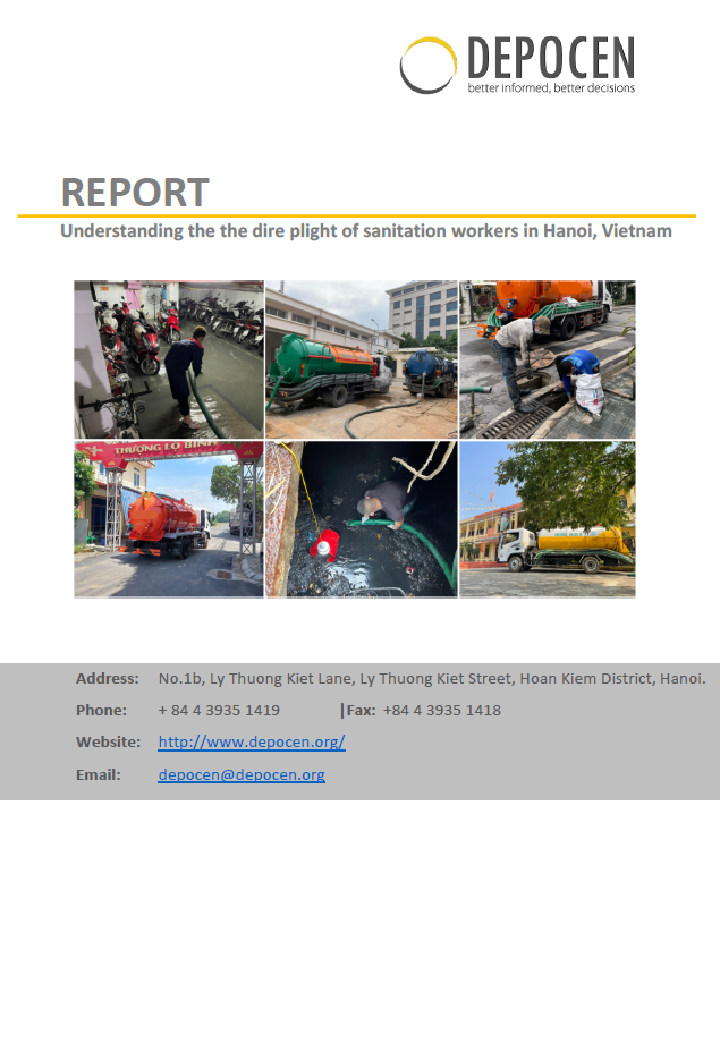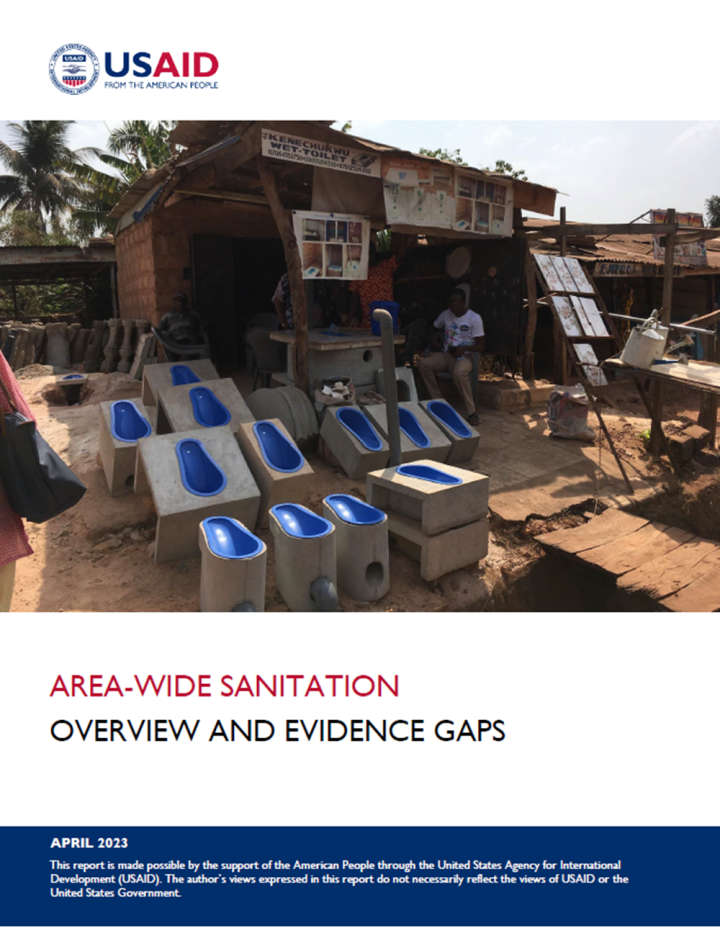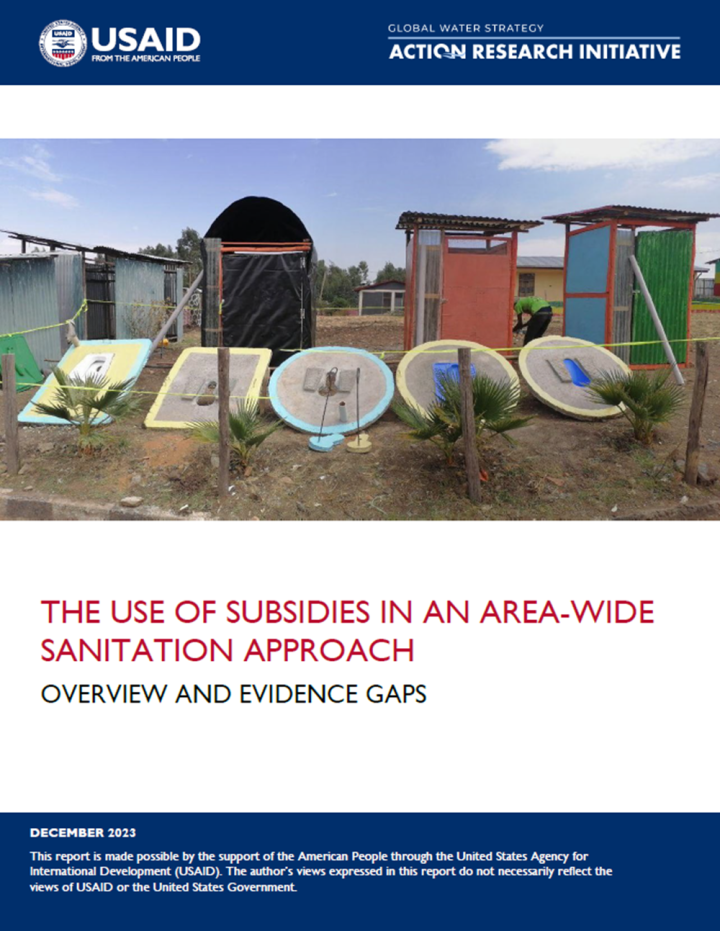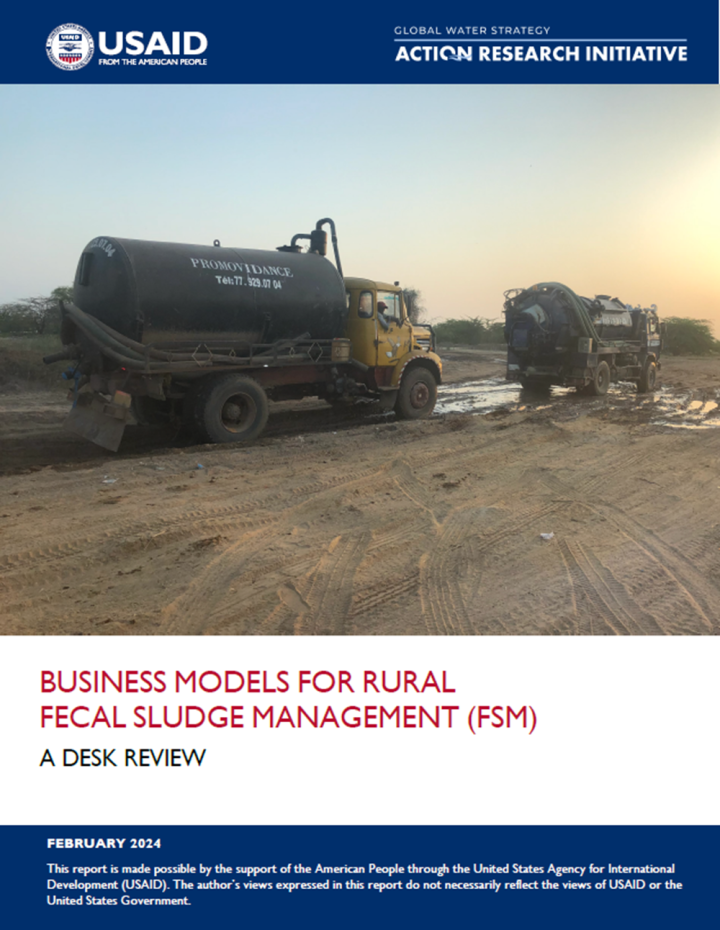Searching for information on Sanitation Workers?
The Sanitation Workers Knowledge + Learning Hub is the best source for all current news, trends, articles and updates on sanitation workers rights around the world.
The guidelines set out essential actions that humanitarian actors must take in order to effectively identify and respond to the needs and rights of persons with disabilities who are most at risk of being left behind in humanitarian settings.
The recommended actions in each chapter place persons with disabilities at the centre of humanitarian action, both as actors and as members of affected …
Reflecting the pace of change, since 2016 CaLP has been reviewing, revising and updating the Glossary on
an annual basis. This process (see flowchart below) is coordinated by the CaLP Secretariat and undertaken
through the CaLP Technical Advisory Group (TAG). The TAG is a group of 25 technical experts in the field
of cash and voucher assistance, drawn from CaLP’s membership. Feedback on …
Wherever possible, a community should avoid the health risks which result from using contaminated pond water, by using an alternative, good-quality source. (Groundwater or rainwater sources will usually produce water of much better quality.) If a pond is the only source of water, the implementation of some of the ideas in this Technical Brief should improve the quality of the water. It is not …
Brackish water does not have an exact definition, but it is typically defined as distastefully salty but less saline than seawater (between 1,000 to 10,000 ppm [parts per million] in total dissolved solids [TDS]). In addition to certain surface water settings such as estuaries, brackish water can be found in aquifers. In some regions of the country with limited availability of freshwater, …
This document presents the City Sanitation Plan for NNP. NNP is one of the cluster towns selected for implementing fecal sludge management in Tamil Nadu. This plan is curated from the sanitation situation analysis, which included identifying major components of sanitation (water supply, storm water drainage and solid waste management), and analysing related issues and possible solutions.
Improper disposal of menstrual waste is a noteworthy challenge when it comes to Menstrual Hygiene Management (MHM). Polymeric sanitary napkins, which have largely replaced cloth napkins, are made of material that is non-biodegradable, leading to the accumulation of used napkins in landfills. Accumulated menstrual waste can be hazardous because menstrual blood on napkins stagnates for a long time …
It is important to insure that ‘sustainability’ is not confused or used interchangeable with ‘ODF+’. The tendency seen in the state is also to declare the community ODF and then quickly move on to a list of activities claimed to be part of ODF+. The acute need at this juncture is to stabilize and streamline the efforts made to declare the GP ODF. The focus is going to be to fill in the …
In order to effect improvements across the sanitation chain, an assessment was undertaken of the existing practices with respect to on-site containment structures. While already existing on-site structures need to be surveyed to ensure compliance with sanitary requirements, and enforcement in this regard has been taken up by ULBs in Tamil Nadu, another intervention identified was improvements to …
BCC is a key component of the TNUSSP and seeks to address the issue of behaviour change through a range of approaches, of which communication campaigns and activities, targeted at appropriate segments, is an important part. This document broadly outlines the communication campaign and activities conducted at Tiruchirappalli, PNP and NNP.
Coral reefs are in decline worldwide, and land-derived sources of pollution, including sewage, are a major force driving that deterioration. This review presents evidence that sewage discharge occurs in waters surrounding at
least 104 of 112 reef geographies. Studies often refer to sewage as a single stressor. However, we show that it is
more accurately characterized as a multiple stressor.Many …
In the communities where WoMena works, girls and women frequently ask about menstrual irregularities. Clearly, they are concerned, both about their general health, and their fertility. Irregularities take many forms - age at onset of menarche or menopause, length of cycle, amount of bleeding, menstrual pain and discomfort, as well as bleeding outside the cycle.
Menstrual patterns vary greatly …
WOMENA SUMMARY AND RECOMMENDATIONS
Many women develop urogenital infections, such as bacterial vaginosis or yeast infections, at some point in their life. Prevalence rates of 20-30% or more have been documented in both high-, middle- and low-income countries. Many infections are asymptomatic, meaning that those who have the infection do not know.
Menstruation is a normal, physiologic …
The report provides an in-depth analysis of the working conditions, socio-economic challenges, and legal protections (or lack thereof) faced by sanitation workers in Lahore, Pakistan. Published by the Labour Research & Development Institute (LRDI) in collaboration with the Pakistan Workers Federation, the study is part of the ILO Japan Multi-bilateral Programme. It focuses on issues such as …
The rapid urban development in Hanoi has exposed weaknesses in the city's sanitation infrastructure, straining the waste management system and increasing pressures on sanitation workers who already face hazardous conditions, financial insecurity, and societal discrimination. The study found that urban workers face more health hazards, while rural workers suffer greater job and financial …
The last few decades have witnessed substantial gains in access to sanitation, as nearly 2.4 billion people gained access to improved toilets and open defecation (OD) rates fell 12 percentage-points globally (from 21% to 9%) between 2000 and 2020. Despite this progress, many countries are off track to meet their sustainable development goal (SDG) 6.2 targets. To reach these targets by 2030, a …
Hardware subsidies used to be commonplace policy tools for expanding sanitation access in rural areas. Overtime, however, hardware subsidies were found to produce distortionary effects on sanitation markets and failed to achieve sustained latrine usage and hygienic behaviors, and therefore declined in popularity in the mid-2000s.
However, “no subsidy” approaches are not sufficient either, …
Over the last decade, basic sanitation coverage in rural areas of low- and middle-income countries has progressed significantly, especially in Asia. Sustaining those resulting gains in human, environmental, and community health, all while progressing toward targets of Sustainable Development Goal 6, requires safely managing the fecal sludge generated in on-site sanitation systems.
When …
Shinyanga Municipality is the headquarters of Shinyanga Region and is in the northern area of Tanzania. It lies between latitudes 30 30' and 30 45' South and longitudes 330 20’ and 330 35’ East, about 1,000 kilometres from Dar es Salaam and 165 kilometres from Mwanza City.
According to Tanzania’s National Bureau of Statistics (NBS, 2018), the projected population of Shinyanga …



